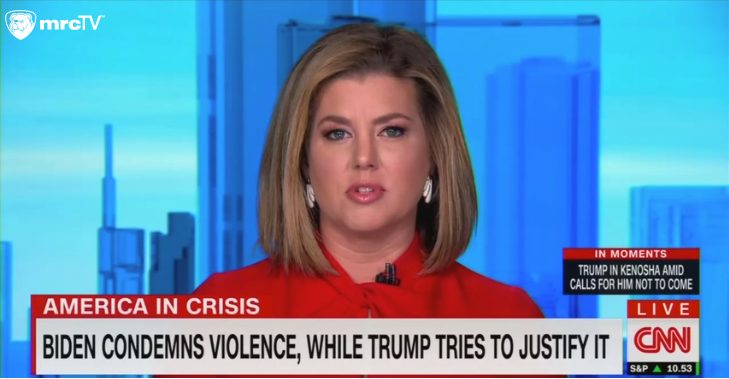Abortion supporters are once again pushing the distorted notion that one of the best way to help poor families is to abort their unborn children.
The argument is at the forefront of Congressional Democrats’ plans to push through a massively unpopular spending bill to force taxpayers to fund abortions, and it is being used as the U.S. Supreme Court prepares to hear a major abortion case in October.
Basically, the argument is that poor women need access to abortions to thrive.
A new CNN article about the Mississippi case focused around this claim, beginning with the headline, “Poorest Americans could see biggest impact of reversing Roe v. Wade.” It cited statistics from the pro-abortion Guttmacher Institute estimating that about 75 percent of abortion patients are poor women and pointed to Mississippi’s high poverty rate.
CNN also quoted the late Supreme Court Justice Ruth Bader Ginsburg, whose discriminatory comments often get glossed over by the abortion activists who idolize her.
LifeNews depends on the support of readers like you to combat the pro-abortion media. Please donate now.
“There will never be a time when women of means lack choice,” Ginsburg said in 2015. “The women who won’t have that choice are poor women. That doesn’t make a whole lot of sense.”
But when one considers what that “choice” is, Ginsburg’s and other abortion activists’ solution does not make sense. An abortion kills a unique, irreplaceable unborn child’s life. It does not solve poverty or prevent suffering. Quite the opposite, abortion increases suffering by killing a child and often physically and/or emotionally scarring the parents.
Catherine Foster, president of Americans United for Life, knows. Her organization is urging the Supreme Court to overturn Roe and restore legal protections to unborn babies.
When CNN asked Foster about how poor women would be affected if the Supreme Court overturns Roe, she shared her own abortion story. At age 19, she said she aborted her unborn child and later came to regret it.
“When you don’t have the resources or the ability to choose to parent or to place your child in a loving home through adoption — then that isn’t real choice,” she said.
That is why so many pro-life organizations focus on providing resources to help mothers in need. They understand that abortion is no solution to poverty or suffering; it only makes things worse.
There are an estimated 2,700 pro-life pregnancy centers across the United States. Recent research by the Charlotte Lozier Institute found these centers served almost 2 million people in 2019, providing more than 730,000 pregnancy tests, nearly half a million ultrasounds, 1.3 million packs of diapers and more than 2 million baby outfits.
Many states dedicate resources to helping pregnant and parenting mothers as well.
One concerning but often ignored issue regarding abortion is the strong evidence suggesting that the rich are pushing abortions on the poor, and many low-income mothers only choose abortion because they feel like there is no other option.
For example, a 2020 Gallup poll found: “Large differences are … seen by income and education, with the highest education and income groups being substantially more likely than others to be pro-choice.”
A 2016 Politico/Harvard University poll also found that that voters who make more than $75,000 were more supportive of forcing taxpayers to fund abortions through Medicaid (45 percent in favor). However, those who make $25,000 or less – the voters most likely to qualify for a taxpayer-funded abortion – were strongly against it (24 percent in favor).
Other polls have found similar results, and many of the world’s richest men, including Bill Gates and Warren Buffett, donate billions of dollars to abortion advocacy groups.
Perhaps it should not be surprising given how closely abortion and discrimination are linked. Unborn children of poor women, minority women and sexual abuse victims, unborn children with special needs and unborn girls all are targeted for abortions. Abortion itself discriminates against unborn babies by treating them as disposable.
Since 1973, when the Supreme Court handed down Roe v. Wade, nearly 63 million unborn babies have been aborted.
This tragedy has a growing throng of Americans urging the court to reverse its unjust, discriminatory ruling and restore the right to life for all human beings.
As Foster told CNN, “It’s the right of communities across the nation to protect their citizens, the precious lives of millions of America’s youngest children.”








